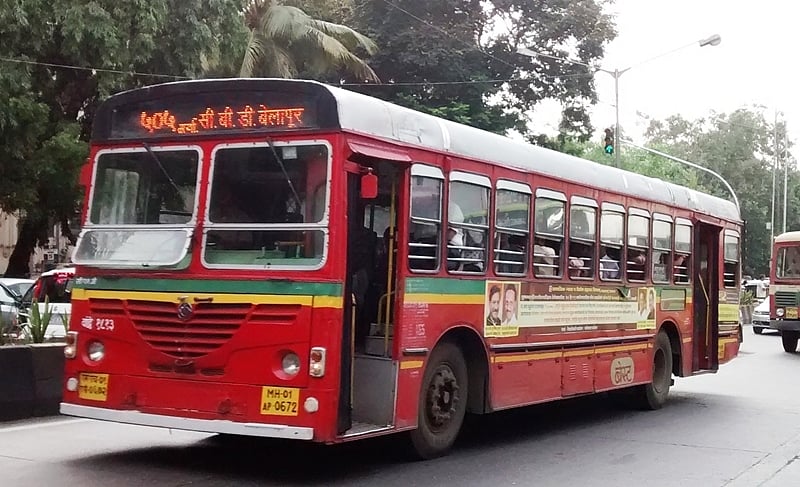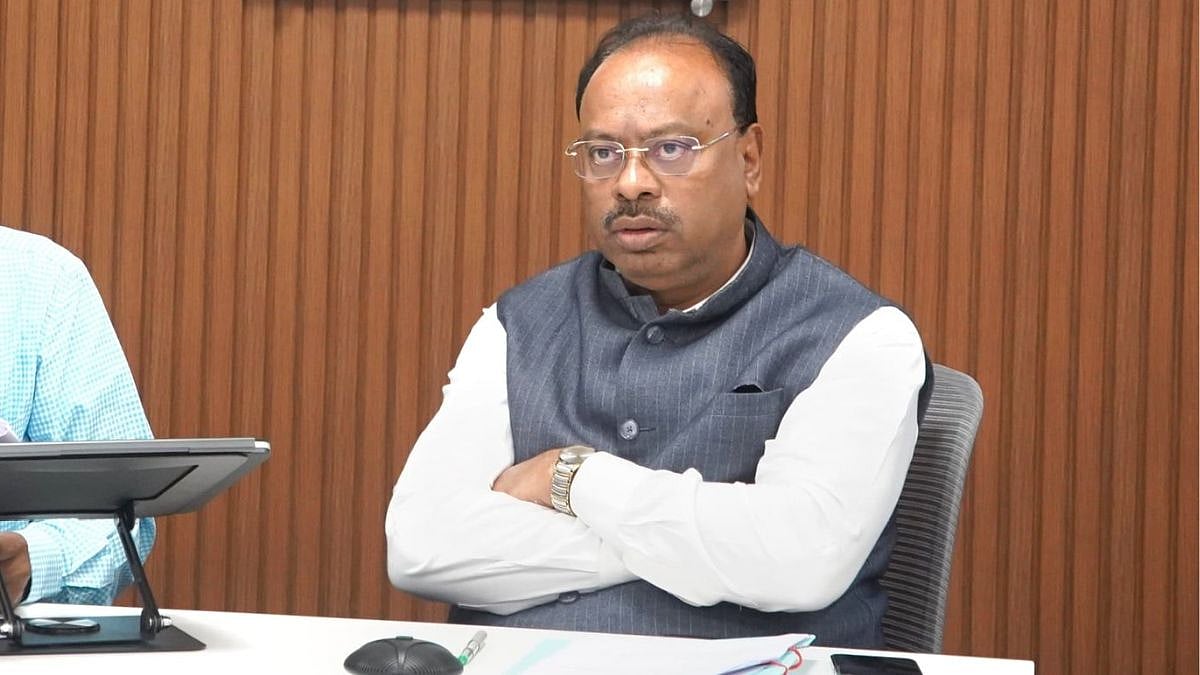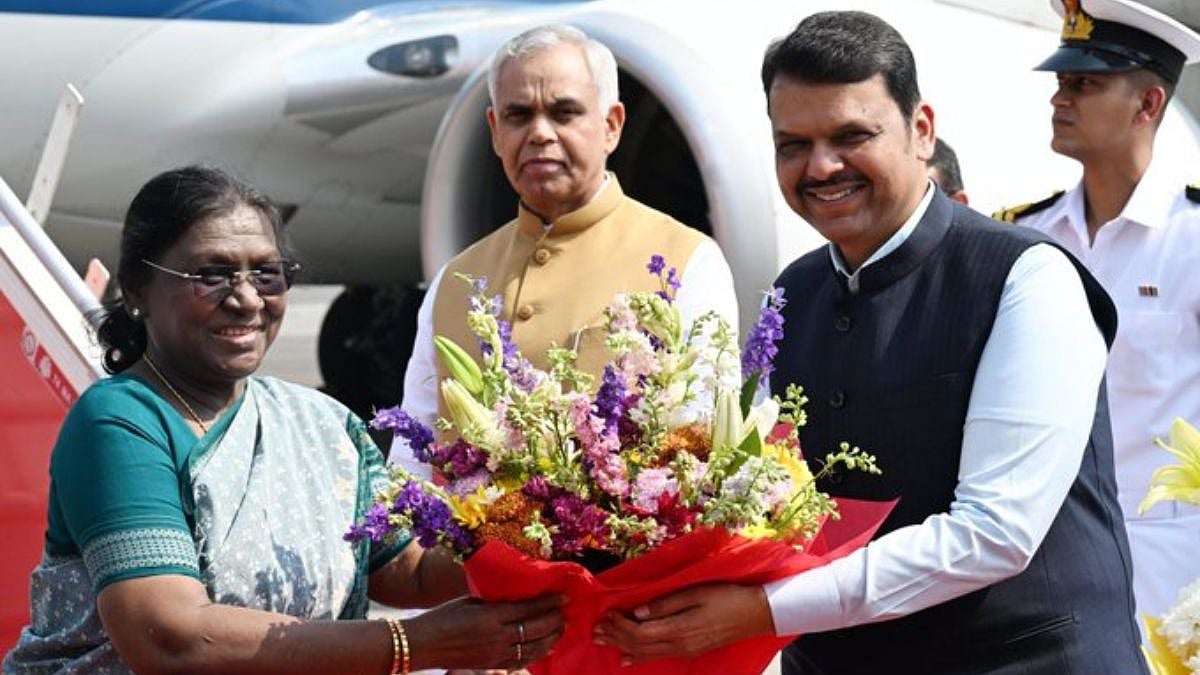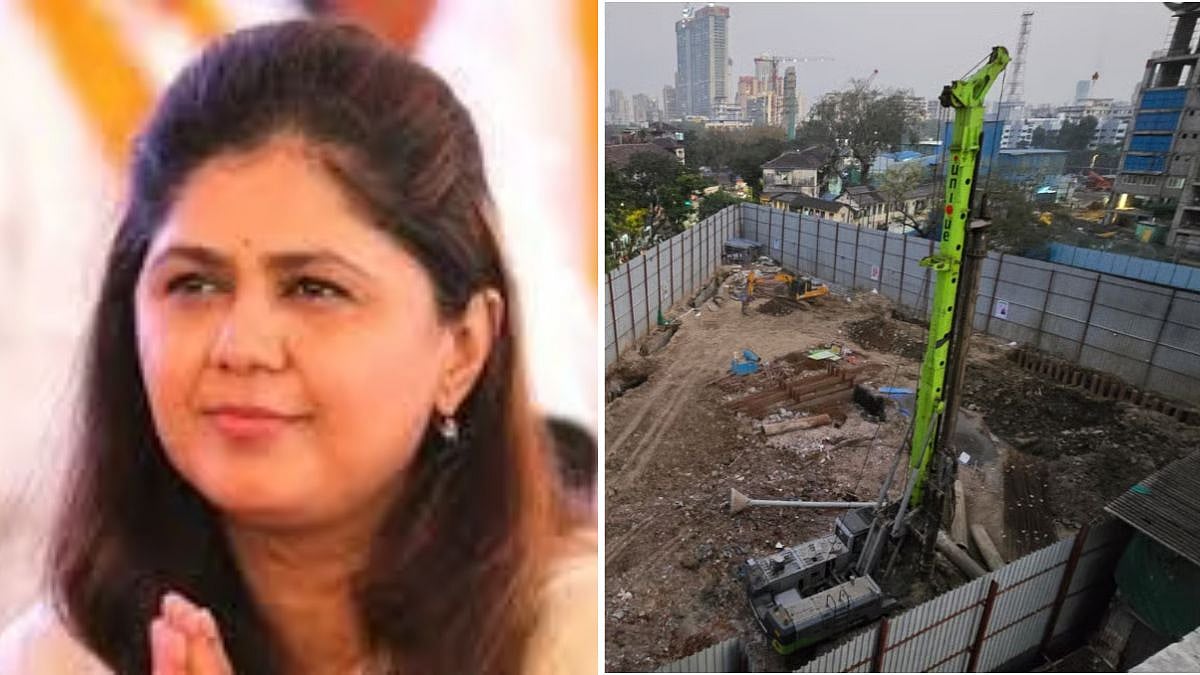Mumbai: It has been a week since the Brihanmumbai Electricity and State Transport (BEST) implemented the fare cuts and it is proving to be a boon for the commuters, who till now have been at the mercy of auto rickshaws and taxis.
While the new rates have proved successful in getting more commuters, it has, however, affected the businesses of auto rickshaws and share taxis which operate on fixed rates and routes.
Drivers of share autos and taxis have their fares to keep up with the new reduced bus fares. Share autos operating between Charkop and Kandivali station have reduced the fares by Rs 3.
“The bus fare cut has forced us to reduce our fares, since we don’t want to lose our customers. We now have to compromise on our profit,” said Arif Ali, an auto rickshaw driver.
Earlier the fare per seat was Rs 15 and the drivers used to collect Rs 60 per trip ferrying four passengers. After the reduced fares, they now earn Rs 48 per trip. “The metre fare nearly costs between Rs 52-56 on this routes,” said Ali.
On another route, between Bhoomi Park and Malad station, though the share auto and taxi drivers have not reduce the rates, they are facing a dearth of customers.
Passengers who earlier paid Rs 15 for BEST buses on this route, now pay only Rs 5. Commuters are willing to wait a bit longer to avail the bus instead of taking share auto rickshaws.
“If we reduce the prices, we will run into loss, as the metre fare costs between Rs 52-55,” said Sunil Sathye an auto rickshaw driver and a member of the sharing auto-rickshaw union.
Meanwhile, the revised fares saw an increase in 28 per cent of commuters in the first week, while the revenue came down by 30 per cent. Daily revenue of BEST which earlier used to be Rs 12 lakh per depot (approximately), have now come down to Rs 4 lakh (approximately) per depot. Bus conductors though welcome the move complain of huge crowds and lesser number of fleet.
“The buses are now getting overcrowded. We can only accommodate limited passengers per bus and it is time for our management to add more buses urgently,” said conductor Sunil Kamath.
Earlier he used to collect revenue worth Rs 3500 per trip, which now amounts to Rs 1950 approximately, he added. "The minimum distance should have been restricted to 3 kilometres, instead of 5 kilometres," he said.




